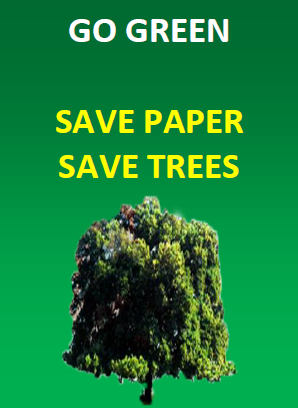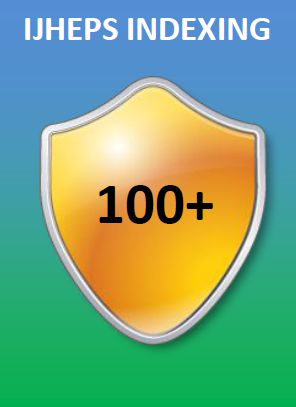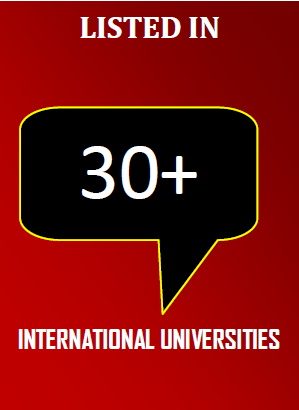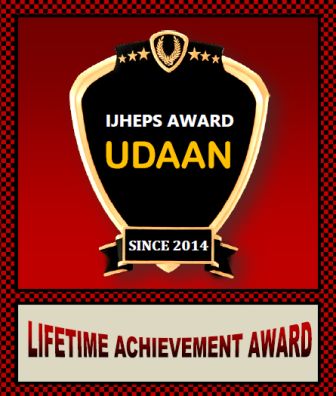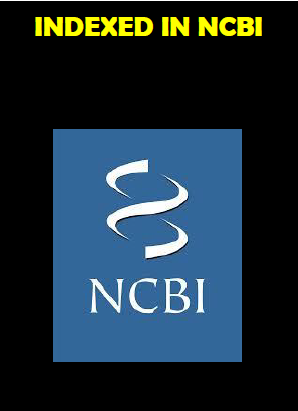
e-ISSN 2320-2955, p-ISSN 2249-2569, ISBN 978-81-909047-9-7
INTERNATIONAL RESEARCH JOURNAL OF HUMANITIES,
ENGINEERING & PHARMACEUTICAL SCIENCES
(An International Registered Research Journal) - Now IJHEPS Recommended By International Committee of Medical Journal Editors, USA
- Now IJHEPS Recommended By International Committee of Medical Journal Editors, USA
| HUMANITIES | |
|---|---|
| Title | FACETS OF ICONOCLASM:KAMALA DAS AND MAMTA KALIA |
| Authors | Dr. K.Ponnari Lakshmi |
| Page No | 40-44 |
| Code | Int./JUNE15/H1025 |
| Affiliation | Narasaraopeta Engineering College,Narasaraopeta, INDIA |
| Abstract | Indian English poetry has taken a breath taking turn with the emergence of writers like Kama Das, Mamta Kalia, Kamala Markandeya, Anita Desai, Shashidesh Pande, Arundhati Roy and Jumpalahari. Though these writers have different styles the common thread that binds them all is their perspective of woman. They have broken the Indian English poetry from the rhetorical and romantic traditions mirroring in their works the contemporary ill-founded social order. They question the stereotypical, gender defined roles of woman. Among these writers Kamala Das and Mamta Kalia are credited as the most outspoken and most controversial. In their writings uninhibitedly articulated the themes of love, marriage, sex and man woman relationships. They expressed a strong desire to liberate woman from the clutches of male dominated society. Their poetry is a clarion call to the entire oppressed woman to revolt against the tyrannies perpetuated upon them. They are the mouth pieces the voiceless, victimised millions of women in the globally prevalent patriarchal setup. Kamala das a prolific bilingual writer, writes in two languages both English and Malayalam, hails from Malabar, Kerala. Mamta Kalia, a post Kamala Das voice is also a bilingual writer, writes in Hindi and English. Both these writers had dominant fathers and were neglected in their childhood. Both found their marriages floundered on the rocks of ruin right from the start. They wanted love and companionship a blissful experience which can eliminate their loneliness. Their intense desire was to break through the shackles of marriage which made them dwarfs. In their works they searched for their female identities as well as personal identities. The paper explores the similarities in the works of Kamala Das and Mamta Kalia. |
| Paper | Download |




